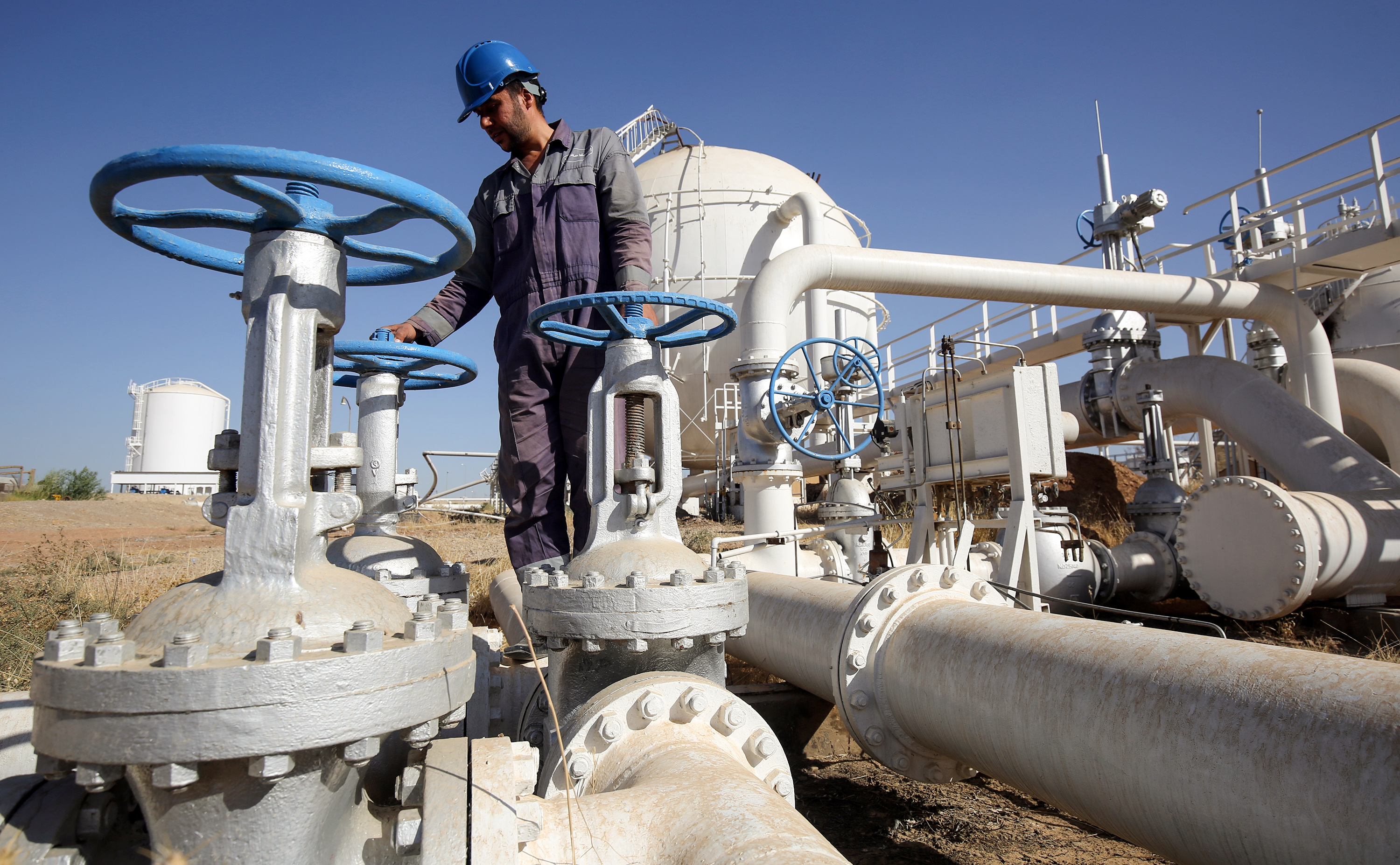São Paulo – Brazil’s oil imports from Iraq more than quadrupled in the first half of this year, from 145,000 tons in H1 2017 to 632,000 in H1 2018, a 336% hike, the Brazilian Ministry of Industry, Foreign Trade and Services reported.
Nevertheless, total oil imports to Brazil from its two leading Middle East suppliers – Saudi Arabia and Iraq – remained flat at 2.1 million tons. “The only change was a substitution of Saudi oil by Iraqi oil,” according to the Oil, Gas and Biofuel Department of the Energy Research Office (EPE), an arm of Brazil’s Ministry of Mines and Energy.
While oil imports from Iraq went up, those from Saudi Arabia slid 24,5% from 2 million tons to 1.5 million tons. Saudi Arabia is Brazil’s primary supplier of oil in the Middle East.
Imports of Iraqi oil amounted to 41% of Saudi oil imports. The EPE said Brazil buys petroleum jelly from those two countries – an input used in lubricant manufacturing. Although this type of oil is produced in Northeast Brazil, volumes are quite low, therefore refineries are forced to import, according to the EPE.
Saudi Arabia sells Arab Light oil, while Iraq ships the Basra Light variety. “Both varieties meet technical requirements, therefore the choice is strictly based on commercial aspects like availability and price,” the EPE Oil, Gas and Biofuel Department said. Rio de Janeiro’s Duque de Caxias Refinery is the only facility in Brazil to process petroleum jelly, the EPE said.
Despite the fluctuation in H1 imports, the EPE warns that numbers must be kept track of throughout the whole year. “A drop in H1 could be offset by a hike in H2,” it said. Considering first-halves only, imports of Iraqi oil to Brazil varied greatly since the year 2000, having dropped to their lowest level in H1 2001 at 22,000 tons and peaked in H1 2004 at 1.2 million tons.
EPE’s Oil, Gas and Biofuel Department said oil sales are planned and carried out globally, especially by major import-export companies, and driven by aspects including product type, expected demand, commercial stockpiles of oil and oil products, strategic national stockpiles, geopolitical instability, etc. “While trade agreements between countries and their trade balances do influence trade, they are not the sole factor at play,” it said.
According to the EPE, Iraq’s oil output is on the way up and should remain that way for years to come, despite issues facing the country, such as a residual Islamic State threat, issues with the Kurds in Northern Iraq, problems bringing major oil companies in, and Sunni-Shia quarrels.
The EPE notes that although the Organization of Petroleum Exporting Countries (OPEC) has agreed to slash production, Iraq and the Gulf Cooperation Council (GCC) are investing heavily in exploration, which enabled Iraq’s reserves to increase. “However, much investment in infrastructure is in order if production is to increase,” the EPE argues.
It expects global demand to increase over the next few years, creating a need for investment in exploration and production. Consequently, the Energy Research Office believes that due to its reserves, Iraq will remain one of the world’s leading oil producers, as well as gain market share, provided that it can achieve regulatory and political stability.
Therefore, Brazil’s oil imports from Iraq and the Middle East will likely remain level in the next few years, the EPE believes. Since Brazil is self-sufficient when it comes to oil for the fuel industry, Iraq should continue to supply the country with oil exclusively for lubricant production. “There are no perspectives of expanding industry capacity for paraffin lubricant manufacturing.” Thus, Brazil’s imports of Iraqi oil should only widen when the product is more commercially advantageous than Saudi oil.
Translated by Gabriel Pomerancblum




